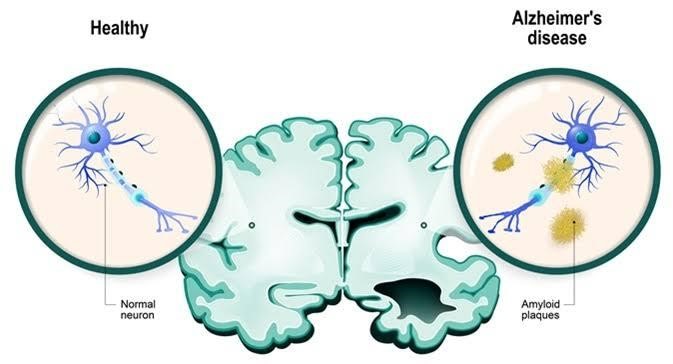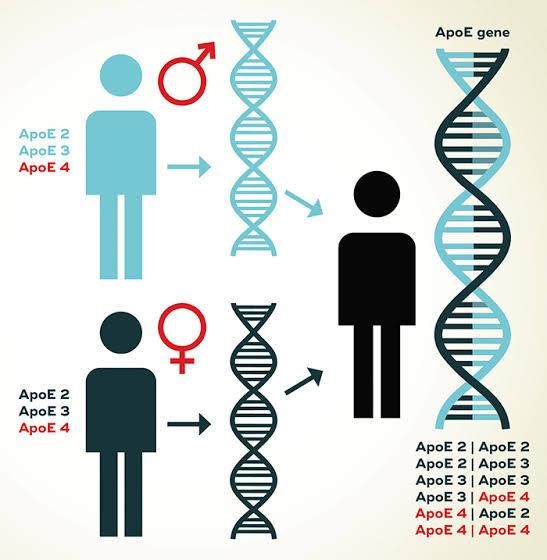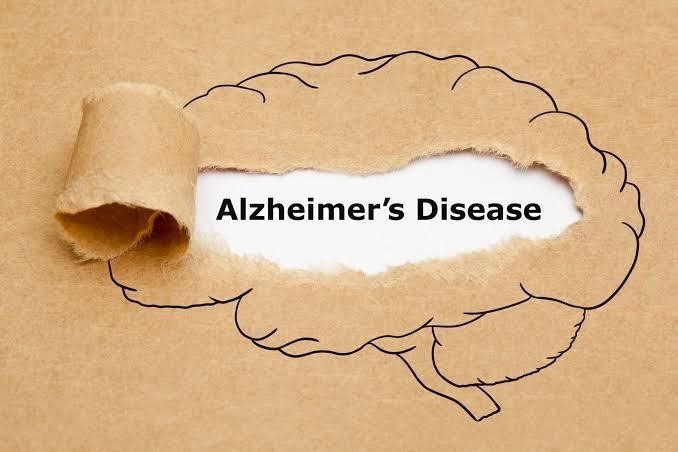Having a family history of Alzheimer’s disease does not necessarily mean you will develop Alzheimer’s. Although, research has it that an individual who has a first-degree relative (mother, father, or sibling) suffering from Alzheimer’s, is more likely to develop the disease. Therefore a family history of Alzheimer’s only makes you susceptible to the disease. You may or may not suffer it in your lifetime. Are you wondering what Alzheimer’s disease is? Let’s take you on an educative ride.
What is Alzheimer’s disease?

When the brain cells of an individual degenerate progressively and die off causing destruction of the memory and interfering with the normal functions of the brain, then you can say an individual has Alzheimer’s. This degeneration is a result of the hard plaques and tangles caused by the abnormal deposits of proteins throughout the brain. These plaques and tangles interrupt the natural brain works by disrupting the communication between neurons. These neurons later die as they have been cut off from normal brain function. Some parts of the brain begin to shrink leading to brain damage.
Alzheimer’s is mostly found in middle-aged and older persons. It is known to be the most common cause of dementia. This in turn costs the individual his or her ability to think, remember, make decisions and carry out daily tasks. It doesn’t stop at causing memory loss, it also impairs movement. The disease has stuck around for so many years and every day, doctors all over the world try their best to help individuals with Alzheimer manage this chronic condition.
Some of the risk factors of Alzheimer’s disease found on www.bosterbio.com includes the following;
- Age
- A history of head trauma
- Genetic mutations
Age
The older you get, the weaker your body gets and the more vulnerable you are to a lot of factors that puts you in Alzheimer’s way.
A History of head trauma
Injuries to the head have been found to put individuals who suffered it at risk of developing Alzheimer. After suffering a head injury, the brain creates beta amyloids in large quantities. These beta amyloids are the same proteins that grow into plaques that destroy the brain cells and leads to Alzheimer’s.
Also Read: 7 Different Chiropractic Adjustment Methods For Neck Pain
Genetic mutations

For some people, Alzheimer’s is hereditary but for others, it is just caused by other non-genetic factors that put them at risk. The genetic risks of Alzheimer’s are classified into two;
- Risk genes and
- Deterministic genes
Risk Genes
An individual who has Alzheimer’s risk genes has a higher chance of developing the disease. These genes can be transferred from one generation to another or can occur as a result of genetic mutations. The risk gene most connected to the occurrence of Alzheimer’s disease in an individual is the apolipoprotein E-E4 gene (APOE-e4).
The Alzheimer’s Association lets us know that an estimate of 20-25% of individuals with the APOE-e4 gene may have Alzheimer disease later in life. An individual who inherits this gene from both parents is at an even higher risk of suffering from Alzheimer’s than an individual who inherits the gene from just one parent.
The presence of the APOE-e4 gene results in an early display of symptoms. Having Alzheimer symptoms at an earlier age means earlier diagnosis and treatment.
Deterministic genes
According to research, there are three deterministic genes that are specific to Alzheimer’s disease. They are:
- Presenilin-1 (PS-1)
- Presenilin-2 (PS-2)
- Amyloid precursor protein (APP)
These three deterministic genes cause an excessive buildup of the toxic protein known as amyloid-beta peptide. This buildup causes a disruption in the nerve cell connection leading to the death of these nerve cells and brain damage. Most people who develop Alzheimer’s before the age of 65 usually have deterministic genes.
Other factors that put an individual at risk of having Alzheimer are; gender, lifestyle, sleep disorders, inactivity of a major part of the brain in a lifetime due to absence of learning activities.
In Conclusion
Living with Alzheimer’s is indeed a tough life. Imagine having other people make decisions for you when they are not the ones wearing your body. Although Alzheimer’s disease has no cure, certain regimens can help to manage the symptoms and condition. You can use BDNF Elisa kit to determine if there is BDNF deficiency that could result in the onset of Alzheimer. Meanwhile science has discovered the use of ascites antibody production to induce stronger immunity against the progression of Alzheimer immediately it is diagnosed.




